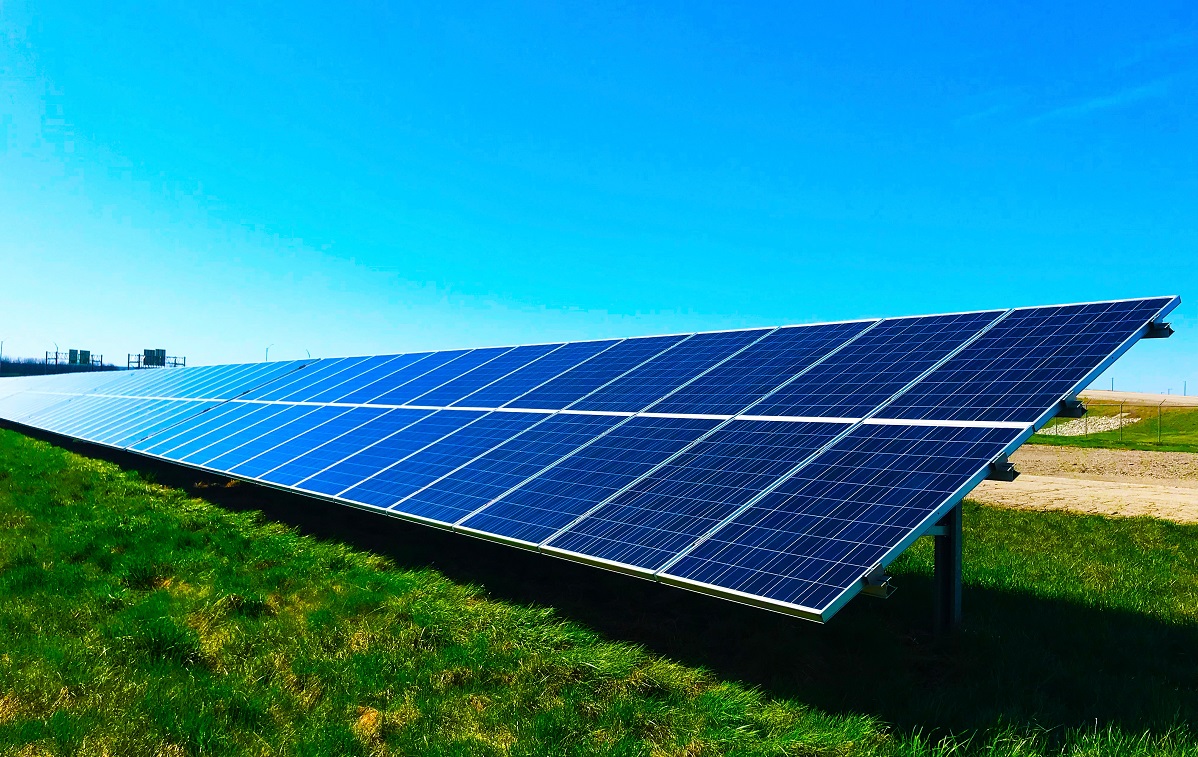
The clean energy sector, a rapidly expanding market with environmental benefits, is increasingly catching the eye of investors. The recent enactment of the Inflation Reduction Act, a historic move by the U.S. government injecting over US$400 billion into clean technology subsidies, has further enhanced the appeal of this industry.
Yet, in the renewable energy investment landscape, infrastructure-related plays often find themselves overshadowed by more direct investments in wind and solar power generation. This is despite the significant potential that lies within the green energy infrastructure, a critical component in delivering renewable power to consumers.
These infrastructure investments, along with those directly linked to clean energy, are pivotal to the widespread adoption of sustainability. For investors with a climate focus looking for opportunities in renewable energy, it's worth paying attention to these eco-friendly firms. Particularly, as their stocks are currently trading at a considerable discount to their fair values.
Brookfield Renewable (BEP) holds a diversified global portfolio of clean energy technologies assets. The company’s assets include hydroelectric, wind, solar, and storage facilities in North America, South America, Europe, and Asia. Brookfield invests in assets directly, as well as with strategic partners.
Brookfield Renewable used to focus on hydro power, but recently expanded into wind and solar. “Hydro has decreased from approximately 80%-85% of the company five years ago to approximately 50% today,” says a Morningstar equity report, adding that hydro could continue to decline as a percentage of cash flow over time, outpaced by rapidly growing wind and solar segments.
As of 2022, solar makes up 15%-20% of the portfolio, and it's expected to be the main energy source in the future.
Apart from renewable energy assets, Brookfield Renewable also owns broader energy transition asset classes, including emerging areas such as carbon capture as well as traditional fossil fuel and nuclear power generation.
Notably, the ESG risks associated with Brookfield Renewable are considered to be fairly minimal. “Renewables face social risks tied to local community support of renewable projects, but we do not view the risk as very material,” says Morningstar equity analyst Brett Castelli, who pegs the stock’s fair value at US$31.
Historically, Brookfield Renewable concentrated on North and Latin America, but more recently the firm has expanded its reach to Europe and Asia.
Plug Power is creating a comprehensive green hydrogen system, covering production to energy generation. The company plans to build and operate green hydrogen highways across North America and Europe. As a vertically integrated supplier of hydrogen products and services, it sells its fuel cell solutions to material handling (forklifts), on-road transportation, and stationary power markets.
“Plug Power seeks to be a leader in the green hydrogen economy [and its] strategy is centered on its vertical integration approach to provide customers a complete hydrogen solution—from fuel cell and electrolyzers to green hydrogen fuel,” says a Morningstar equity report.
Plug Power (PLUG) also sells electrolyzers and is building out a network of green hydrogen production facilities to serve end customer demand.
Green hydrogen has no direct carbon emissions since it is produced using renewable electricity. However, its adoption as a decarbonizing fuel is new and challenging due to cost and infrastructure issues. “Within this context, we view Plug’s efforts to provide customers a one-stop-shop solution of technology and fuel as aiming to lower the barriers for customer adoption,” says Castelli, who puts the stock’s fair value at US$11.50.
This strategy makes Plug one of industry’s most comprehensive provider, despite higher capital needs. The firm has a global approach to its end markets, but the U.S. and Europe remain its largest focus areas, particularly for establishing its green hydrogen network.
A leading U.S. provider of residential solar, storage and energy services, Sunruncreates (RUN), develops, installs, sells, and maintain home solar power systems. The company acquires customers directly and through relationships with various solar and strategic partners. It also sells solar energy systems and products, including panels and racking, and solar leads generated to customers.
Sunrun’s goal is to offer clean, cost-effective solar energy and associated products mainly to homeowners. “The company was a pioneer in the residential solar industry, offering its first solar lease in 2007,” says a Morningstar equity report, adding that by early 2023, the company was the U.S. residential solar market leader (high-teens market share), with direct operations in 22 U.S. states and territories.
It sells its solar service offering through a multichannel approach including direct to consumer, which represents the bulk of its installations, and third-party dealers. “The company’s business mix has shifted toward direct to consumer in recent years, particularly following the acquisition of Vivint Solar in 2020,” points out Castelli, who puts the stock’s fair value at US$24.
Sunrun pioneered the solar-as-a-service model, and its customer additions continue to be weighted heavily toward subscribers through leases or power purchase agreements versus up-front sales.
“Longer term, Sunrun is focused on evolving into a provider of whole-home electrification rather than just home solar,” notes Castelli, stressing that the move would “include opportunities such as home batteries, electric vehicle charging, and grid services.”





:quality(80)/cloudfront-us-east-1.images.arcpublishing.com/morningstar/MG6XOCYGF5BO7MG5YRNBISB3SA.png)
:quality(80)/cloudfront-us-east-1.images.arcpublishing.com/morningstar/AET2BGC3RFCFRD4YOXDBBVVYS4.jpg)















